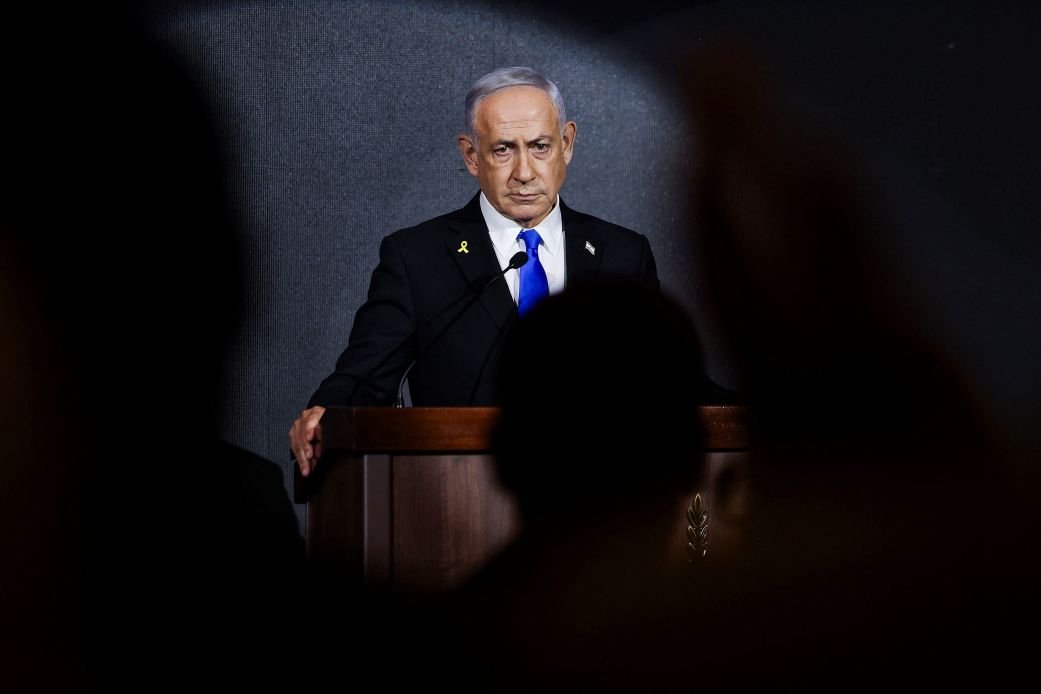
Israel Orders Evacuation of Entire Gaza Population
Israel has issued orders for the evacuation of entire Gaza population from Gaza City as its forces aim to capture the northern part of the strip, marking a critical phase in the ongoing conflict. While Prime Minister Benjamin Netanyahu has called the area Hamas’ “last important stronghold,” up to a million residents remain in the city, many living in tents or temporary shelters. About 100,000 people have reportedly left, but residents like Ammar Sukkar and Wael Shaban say they have no intention, or means to move south.
Airstrikes continue to flatten buildings, yet residents remain defiant. Sukkar urged Hamas negotiators to engage from tents rather than distant offices, insisting, “Whether you like it or not, Netanyahu, we’re not leaving.” Many face steep financial and logistical challenges, with transport costs to the south reaching 1,500 shekels. Meanwhile, Israeli authorities claim humanitarian zones further south are ready with food, water, and shelter—but aid groups warn that these areas are already overcrowded and poorly resourced, describing the evacuation of entire Gaza population as “unfeasible” and “incomprehensible.”
Humanitarian Zones and Lessons from Rafah
The Israeli military is establishing new aid distribution sites near Rafah, approximately 30km south, offering tents, water pipelines, and a controlled distribution route. These sites are expected to be managed by the Israeli-backed Gaza Humanitarian Foundation (GHF), with security provided by private forces and oversight from Israeli troops. Yet, the UN reports more than 1,100 people have been killed trying to access aid since May 2024, underscoring the risks involved.
The army draws lessons from Rafah’s previous evacuation, emphasizing organized, short-distance routes and perimeter controls to prevent chaos. Lt Col Nadav Shoshani described these zones as “safe, quick routes” for civilians, though many Gazans remain skeptical, citing repeated strikes on shelters and humanitarian sites. Hamas fighters are increasingly adopting guerrilla tactics, making street-to-street combat in Gaza City a highly dangerous operation.
Also, see:
Samia Hijab Case: Court Rejects Bail Plea of Hasan Zahid







